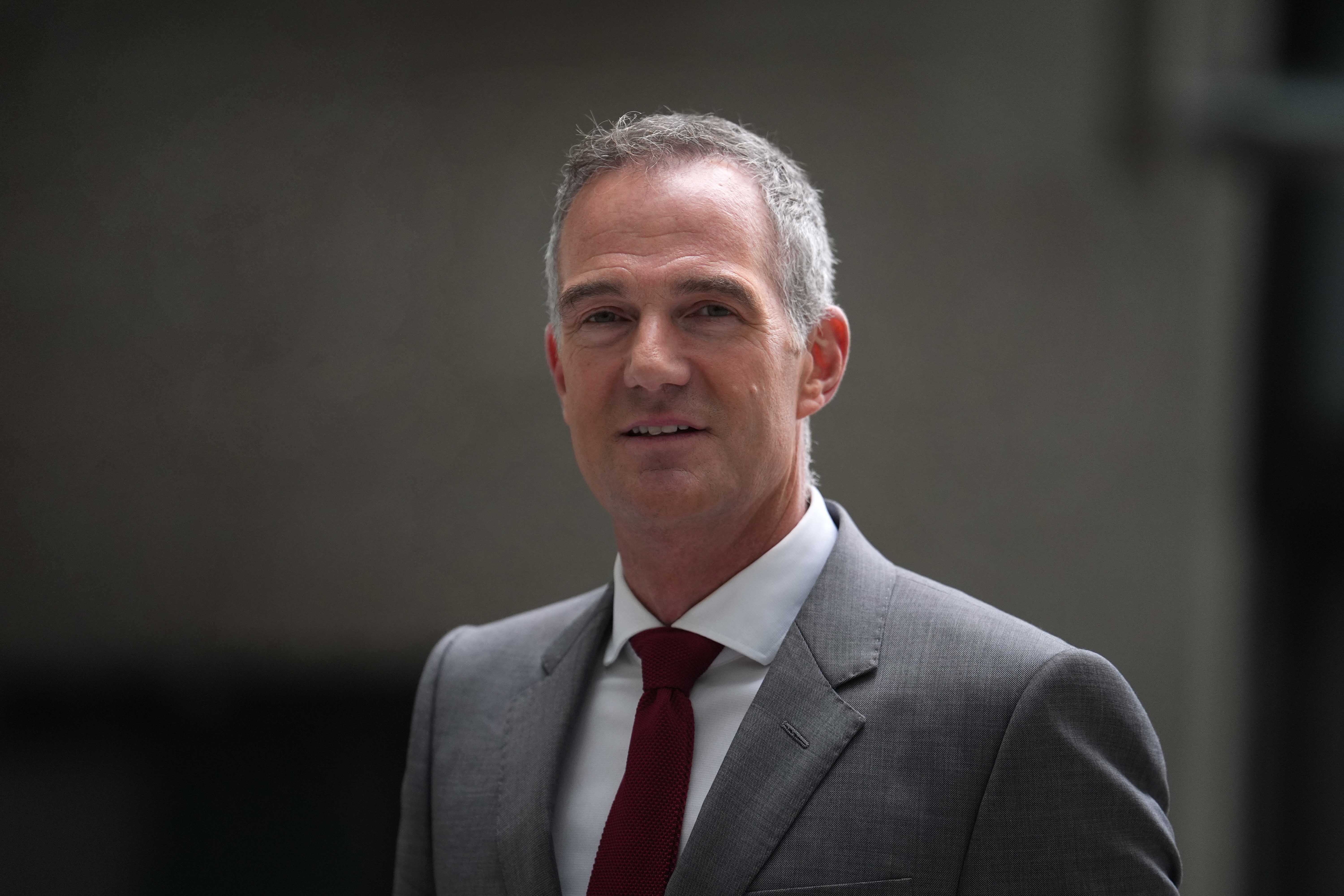A social media curfew that would see children made to stop using apps like TikTok, Instagram and Snapchat after 10pm could be made law in Britain, the technology secretary has revealed.
Peter Kyle said he is “watching very carefully” TikTok’s move to limit usage of its app for users under 16 after 10pm, and examining tools parents could use to switch off access at set times.
“These are things I am looking at,” he told the Daily Telegraph, adding: “I’m not going to act on something that will have a profound impact on every single child in the country without making sure that the evidence supports it.”
There is increased pressure on ministers to look at how teens use social media amid expert concerns around ‘addiction’, alongside interrupting sleep schedules and disrupting schooling and family life.
Mr Kyle said he was considering enforcement options under the Online Safety Act following regulator Ofcom’s publication of the Children’s Code.

He described the new rules as a “sea change” under which parents can expect their child’s social media experience to “look and feel different”.
Mr Kyle said he would not be “short of encouraging Ofcom to use its powers to the full” to fine social media companies and imprison offenders.
The Online Safety Act began coming into effect last month and requires platforms to follow new codes of practice set by the regulator Ofcom, in order to keep users safe online.
It comes after the Internet Watch Foundation (IWF), which finds and helps remove abuse imagery online, said 291,273 reports of child sexual abuse imagery were reported in 2024.
In its annual report, the organisation said it was seeing rising numbers of cases being driven by threats, including AI-generated sexual abuse content, sextortion and the malicious sharing of nude or sexual imagery.
It said under-18s were now facing a crisis of sexual exploitation and risk online.
In response, the IWF announced it was making a new safety tool available to smaller websites for free, to help them spot and prevent the spread of abuse material on their platforms.
The tool, known as Image Intercept, can spot and block images in the IWF’s database of more than 2.8 million which have been digitally marked as criminal imagery.
The IWF said it will give wide swathes of the internet new, 24-hour protection and help smaller firms comply with the Online Safety Act.
Derek Ray-Hill, interim chief executive at the IWF, said: “Young people are facing rising threats online where they risk sexual exploitation, and where images and videos of that exploitation can spread like wildfire.
“New threats like AI and sexually coerced extortion are only making things more dangerous.
“Many well-intentioned and responsible platforms do not have the resources to protect their sites against people who deliberately upload child sexual abuse material.
“That is why we have taken the initiative to help these operators create safer online spaces by providing a free-of-charge hash checking service that will identify known criminal content.”


